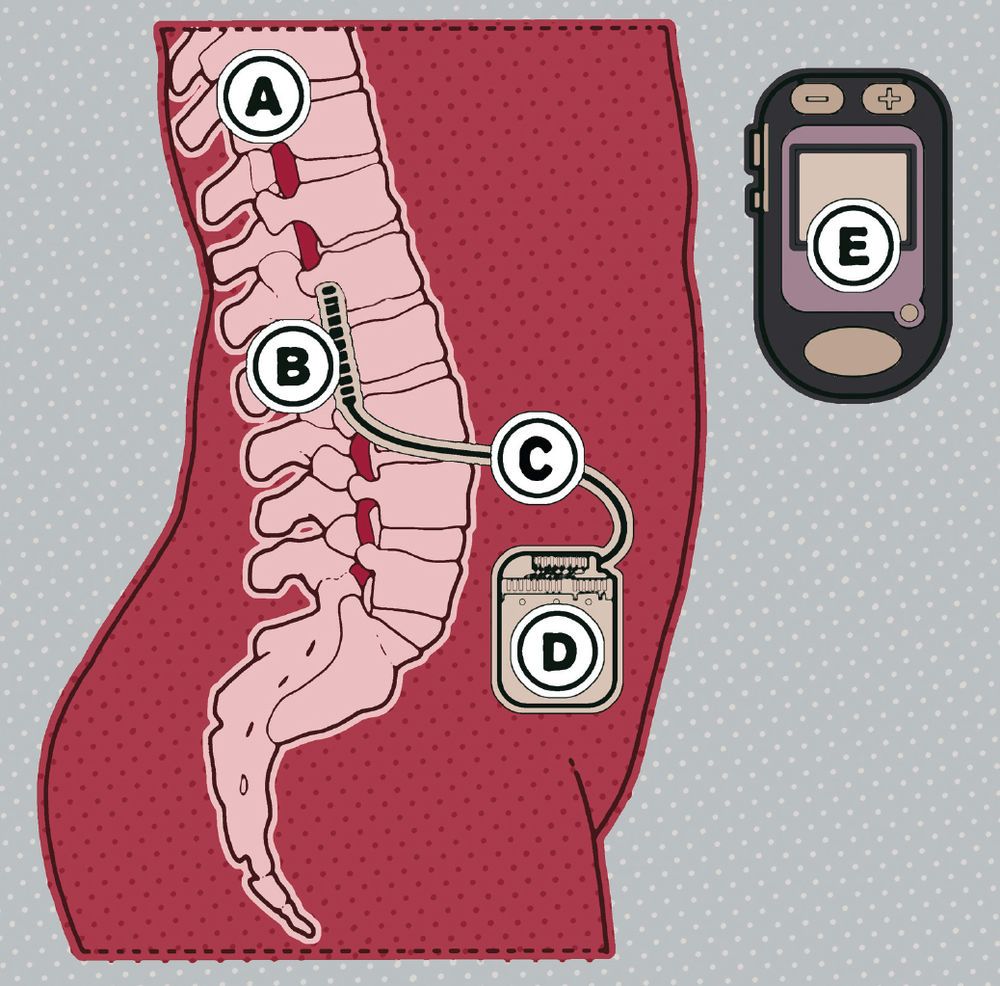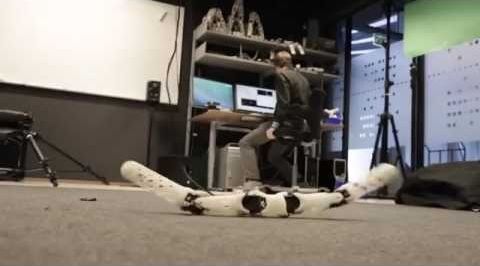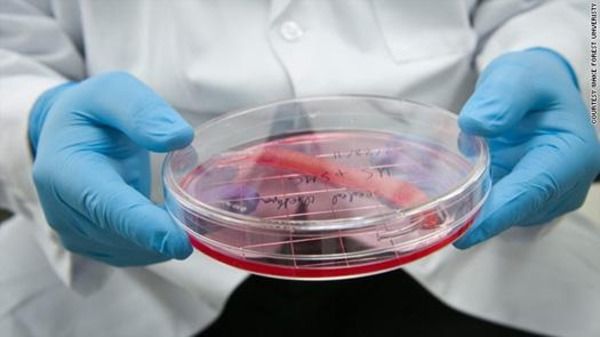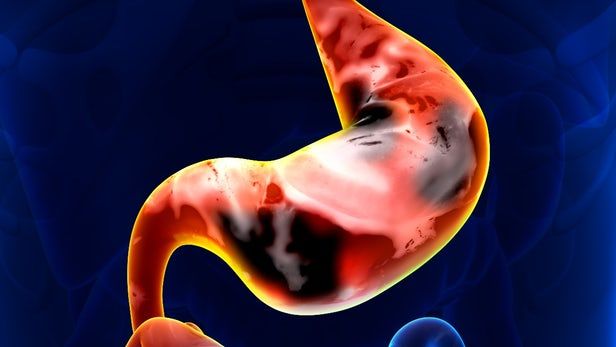Page 10083
Jan 30, 2017
Doctors successfully treat two babies with leukemia using gene-edited immune cells
Posted by Klaus Baldauf in categories: biotech/medical, genetics
Jan 30, 2017
Pterostilbene an anticarcinogenic breakthrough
Posted by Steve Hill in categories: biotech/medical, innovation
Pterostilbene showing some interesting potential for treating cancer.
One of the most common forms of cancer in the hematologic system is Multiple myeloma (MM) which affects plasma cells, a type of white blood cell that produces antibodies. With advanced symptoms bone pain, bleeding, frequent infections, and anemia may occur.
In studies, Pterostilbene has shown anti-inflammatory and anticarcinogenic properties which has led to the improved function of healthy cells and the inhibition of malignant cells. So far its anticarcinogenic action has been reported for lung, breast and prostate cancers. Today we will look at the latest research showing how it could be used to treat cancer patients.
Continue reading “Pterostilbene an anticarcinogenic breakthrough” »
Jan 30, 2017
Until we create replacement eyes
Posted by Bryan Gatton in categories: biotech/medical, mobile phones
Jan 30, 2017
Ageing is natural. Rejuvenation is not
Posted by Nicola Bagalà in categories: biotech/medical, genetics, life extension
Some people object we shouldn’t cure ageing because it is natural. Well, so is malaria, for example…
You know, I may even agree ageing is ‘natural’. If we define natural as something that happens spontaneously, without external intervention, as a consequence of chemical and physical interactions, then yes, ageing is natural. This is not a great argument in favour of ageing, though, because there are very many perfectly natural things that are really bad for you, ranging on the badness spectrum pretty much anywhere from ‘mildly upsetting’ to ‘catastrophically apocalyptic’: mosquito bites, genetic diseases, viral diseses, earthquakes, tsunamis, stars going nova, being eaten by lions, cancer, a pidgeon pooing on the fancy suit you rented for your wedding precisely when you say ‘I do’, bacterial infections, and so on. So, okay, maybe ageing is natural. So what? It is also the number one cause of suffering and diseases in the western world. Frankly, I don’t give a damn if it is natural or not. It’s still pretty bad.
Speaking of rejuvenation being not natural, I could nitpick a lot. I could ask, what is ‘not natural’? Is it anything human made? Then what about things made by animals? For example, if a building is ‘not natural’, what about a beehive then? Natural or not? Given we humans have a natural tendency to tweak things around to make them work the way we want, wouldn’t rejuvenation be our natural response to the problem of ageing, just like medicines are our natural response to the problem of diseases?
Jan 30, 2017
NASA Designs Promising New Test For Extraterrestrial Life
Posted by Bruce Dorminey in category: alien life
JPL announces a promising new means of detecting life in situ; in our own solar system.
NASA’s JPL is keen to try a promising new chemical method of detecting life in the frozen oceans of Europa or Enceladus.
Jan 30, 2017
Male Fertility Test Kit with 2 Tests in 1 Kit
Posted by Klaus Baldauf in categories: biotech/medical, mobile phones


 Test Your Sperm in The Comfort of Your Phone
Test Your Sperm in The Comfort of Your Phone
Check your swimmers with YO the first FDA cleared Smartphone based solution for testing your motile sperm.
Continue reading “Male Fertility Test Kit with 2 Tests in 1 Kit” »
Jan 30, 2017
How It Works: A System That Reverses Paralysis
Posted by Shane Hinshaw in categories: biotech/medical, neuroscience
For decades, researchers have been seeking ways to help the millions of people with spinal cord injuries regain control of their limbs, with frustratingly little success. The new device provides a rare glimmer of hope. Scientists at the University of Louisville’s Kentucky Spinal Cord Injury Research Center, where Meas and three other patients received their implants, speculate that the stimulation may be reawakening connections between the brain and the body. “There’s residual circuitry that we can recover that no one realized was possible to do,” says Reggie Edgerton, director of the Neuromuscular Research Laboratory at the University of California, Los Angeles. “We were shocked.”
Some of the benefits, such as better bowel and bladder control and improved blood pressure, remain even when the device is switched off. Electrical stimulation isn’t a cure, of course. The patients still can’t walk. And the stimulation must be customized for each individual, a time-consuming process. But it’s an enormous advance nonetheless. Says Edgerton, “It opens up a whole new mechanism of recovery.”

Continue reading “How It Works: A System That Reverses Paralysis” »
Jan 29, 2017
Great, Robots Just Learned To 3D Print Themselves
Posted by Karen Hurst in categories: 3D printing, biotech/medical, robotics/AI

Robots are cloning again.
Robots can evolve. Robots can reproduce. All hail our robot overlords.
Continue reading “Great, Robots Just Learned To 3D Print Themselves” »
Jan 29, 2017
Breath test for stomach and esophageal cancers shows promise
Posted by Shane Hinshaw in categories: biotech/medical, electronics
For several years, Professor George Hanna from Imperial College London has been directing work toward the development of a test that can detect cancers of the esophagus and stomach by measuring the levels of five chemicals in a patient’s breath. These chemicals are butyric, pentanoic and hexanoic acids, butanal, and decanal, which previous research has identified as pointers to the presence of stomach or esophageal cancer.
In 2015, Professor Hanna announced the results of the first clinical study analyzing the breath samples of 210 patients. The patents exhaled into a breathalyzer-like device, which used a selected ion flow tube mass spectrometer to detect the presence of any of the five aforementioned chemicals in the breath sample. The 2015 study achieved a 90 percent accuracy rate in correctly identifying the two cancers, and a recently completed, broader study has also proven successful.
The new study collected samples from 335 people across four London hospitals. Around half of the group had been diagnosed with stomach or esophageal cancer and the other half had shown no evidence of cancer after having an endoscopy. After analyzing all the samples, the new breath test achieved an 85 percent accuracy rate, correctly identifying those both with and without cancer.















